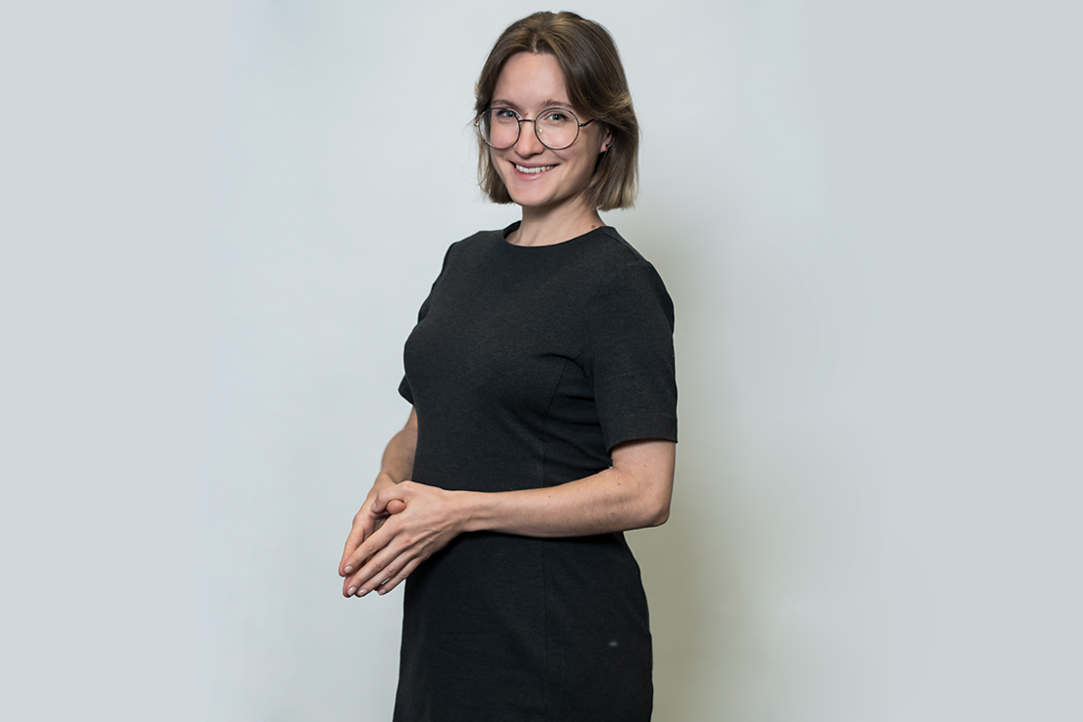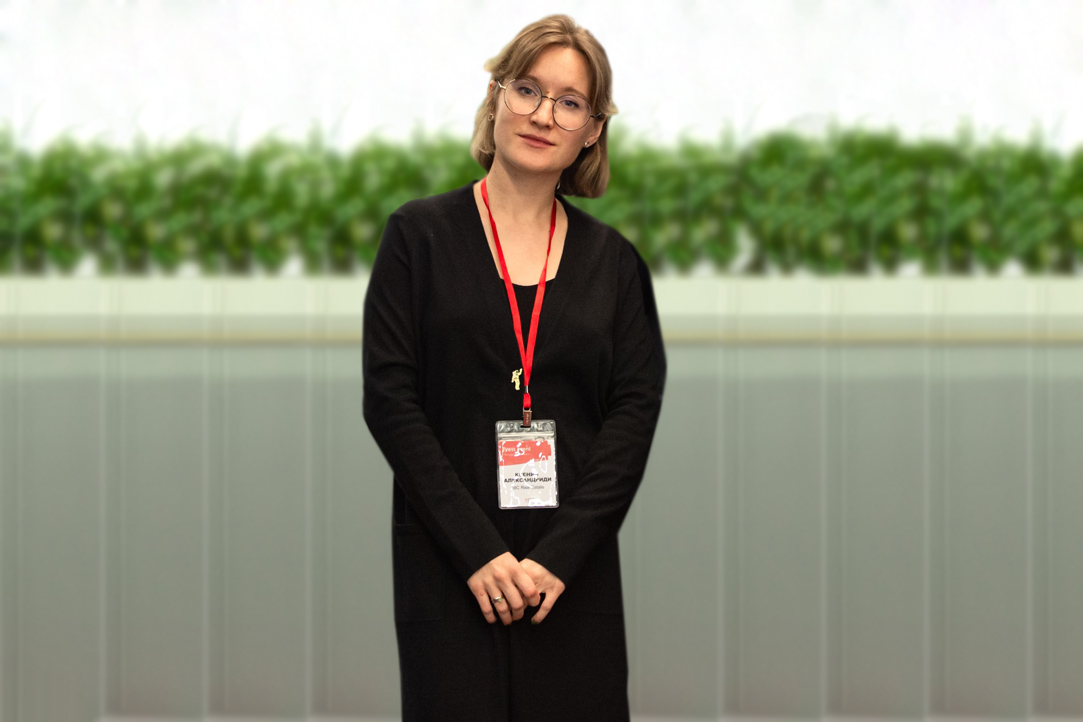“I Know ICEF Grads As Brainy People With Easy Attitude to Challenge and Healthy Sense of Humour”

Ksenia, how did you learn about ICEF and decide to enroll? Getting into ICEF isn’t easy and being its student is even more difficult. Was it your way of challenging yourself?
I learned about ICEF from a friend, to be honest. When the time came for me to choose where to study, ICEF seemed a perfect place because I spoke fluent English and was good at math – I’ve had some excellent teachers. ICEF was my opportunity to build expertise by using my talents and expanding them through new, informative courses.
It was a word-of-mouth recommendation in your case. What was your experience as an ICEF student? It’s been more than ten years since you graduated.
We were a close-knit group, all in the same boat. Nothing mattered more. We had a great time doing homework together, trying to be creative, spending our free time together.
One time we got together to create resumes and cover letters. We used same temple and identical wordings to list extracurricular activities, but we used them proudly as something very important to us.
And it was a great experience taking exams, especially when you were well prepared.
How about student activities? Were you involved in any?
Music concerts. We did some for charity. Student theater, short performances, ICEF birthday parties, of course. I really liked the vibe of it. There was this anything goes attitude that favored making mundane activities fun. Nothing seemed impossible.
We enjoyed playing What Where When games, and I think it’s great that we still play them in adult life at semi-professional venues here in Moscow.
In my third year I came up with the idea – and I made it a reality – of starting Chatting English Club. It then became that wow factor on my resume.

What is the most important thing you learned in ICEF?
The ability to beautifully articulate myself in English. Be daring and have courage to face challenge.
Ksenia, what advice would you give to your student self?
Looking back, it amazes me how quickly my student years passed. What many of us perceived as daunting and undoable eventually reduces to a manageable size. Those missing puzzle pieces you need to tie everything together come to light, giving you a holistic background.
Try to manage both study and on-campus activities. It can be a rewarding experience because you never know who you’re going to meet and where your friendships can take you, I mean professionally, through idea exchange, partnerships and joint projects.
What was your career path after your graduation? You are currently in charge of Strategy Consulting at IBC Real Estate (ex-Jones Lang LaSalle-JLL Russia & CIS). What do you like most about this role?
After graduation, I went to Vlerick Business School in Belgium to do my master’s. It was my pause before going into the workplace and I really needed that experience.
Then I went on to work in consulting. My job encompassed a wide range of industries and required me to learn the ins and outs of heavy engineering, construction, retail, and much more. After a while I realized that the field that suited me most was real estate and urbanism. I joined Jones Lang LaSalle (JLL since 2015-2016) and here I am still working in this industry.
At first I felt like a tiny cog in a machine. The company had a staff size of 250. I went all the way from entry-level analyst to manager and am now in charge of Strategy Consulting – the department I’ve always wanted to be in. I have been part of 100+ projects and did multiple business trips to dozens of cities including abroad. My company and I have been through ups and downs, surviving the crisis of 2014-2015 and the pandemic years 2020 and 2021. In the past two years we underwent restructuring and started again under a new name.
What I like most about my job is that it allows flexibility and has room for unconventional solutions. Consulting keeps me on the go. Sometimes my job feels like a sprint and sometimes like a marathon.
What are the current trends for the consulting industry and how do you identify them?
One unconditional trend is towards a complete customer journey cycle and identifying opportunities that may not be obvious to clients. As clients are becoming more knowledgeable and projects more customized, it is important that decision-makers act promptly, can adjust to change and anticipate all possible scenarios.
It is always useful to stay current on the news and what goes on in network communities. And to read, for a wider perspective, not only field-specific literature but also sources in related fields. It is important for consultant to come across as remarkably interesting for clients to talk to, to be able to ‘sense’ customer’s needs and sores and make right conclusions.
ICEF’s strong alumni community isn’t a myth. How engaged are you with it? Are any of ICEF alums your current partners?
We meet from time to time, and yes, we do discuss partnership prospects. Even though my industry – construction and real estate transaction services – is more of a niche field, we know where it can intersect with other sectors. My classmates are great people. Taking to them is always an enriching experience. I feel proud and encouraged when I read about their progress on social media or see them featured in magazines.
And above all, ICEF graduates have a real nose for new trends in the industry. What they do and where they are can give some clues to what this complicated world is in for.

A candidate with ICEF diploma, how likely are they to be shortlisted for an interview with your department?
Absolutely likely. An ICEF diploma is a signal for me that its holder will stick to my and my team’s values and philosophies. I currently have two people on my team who recently graduated from ICEF and I know them as brainy people with easy attitude to challenge and healthy sense of humour.
What books and/or films would you recommend students to read and watch to prepare for corporate life?
A Complaint Is a Gift: Recovering Customer Loyalty When Things Go Wrong by Janelle Barlow and Claus Møller. It will enhance your client relations skills. Freakonomics by Steven D. Levitt and Stephen J. Dubner, which explores the ‘hidden side’ of economics. And Nora Gal’s Words Living and Words Dead. It will teach you lively writing and ways to avoid officialese in reports, presentations and media feed.
And, generally, any books or films that follow a historical event or epoch... They will widen your perspective and make you smarter.